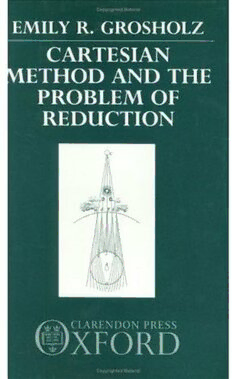
Cartesian Method and the Problem of Reduction PDF
173 Pages·1991·7.498 MB·English
Most books are stored in the elastic cloud where traffic is expensive. For this reason, we have a limit on daily download.
Preview Cartesian Method and the Problem of Reduction
Description:
The Cartesian method, construed as a way of organizing domains of knowledge according to the "order of reasons," was a powerful reductive tool. Descartes made significant strides in mathematics, physics, and metaphysics by relating certain complex items and problems back to more simple elements that served as starting points for his inquiries. But his reductive method also impoverished these domains in important ways, for it tended to restrict geometry to the study of straight line segments, physics to the study of ambiguously constituted bits of matter in motion, and metaphysics to the study of the isolated, incorporeal knower. This book examines in detail the negative and positive impact of Descartes's method on his scientific and philosophical enterprises, exemplified by the Geometry, the Principles, the Treatise of Man, and the Meditations.
See more
The list of books you might like
Most books are stored in the elastic cloud where traffic is expensive. For this reason, we have a limit on daily download.
